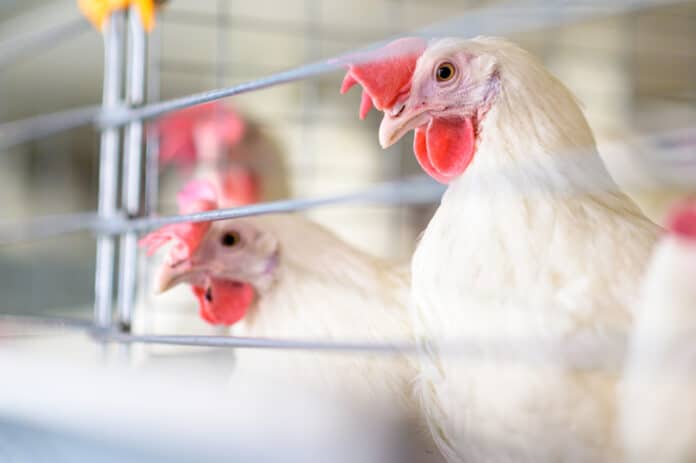
In recent years, a global avian flu outbreak has allegedly infected thousands of birds and even spread to some mammals. As a result of this outbreak and in light of the rumors revolving around Covid-19, many people are concerned that this variant of the bird flu —medically known as “Avian Influenza” may spread to humans. This article will discuss the important facts and information everyone needs to know about Avian flu.
The Outbreak of the Avian Flu
According to the Centers for Disease Control and Prevention (CDC), the current outbreak is the largest ever recorded in the United States, with nearly 60 million chickens affected by the flu. However, almost all cases of Avian Influenza were found in wild birds, although some cases were reported in poultry farms.
Nevertheless, the U.S. Department of Agriculture (USDA) has also highlighted that the flu has begun to spread to mammals. Several animals, including skunks, bobcats, foxes, raccoons, and mountain lions, have been discovered to have contracted the flu in one way or the other. In humans, however, the Director-General of the World Health Organisation (WHO), Tedros Adhanom Ghebreyesus, PhD., has downplayed the risk of contracting the flu because, in his opinion, the risk of contracting the flu was still very low. The organization noted this in a press statement conducted on February 8.
According to the DG, bird flu emerged in the late 1990s, and since its emergence, only rare cases have been recorded where humans contracted the flu. Nevertheless, he warned that the world needs to be on its toes to avoid a possible flu outbreak in humans.
Symptoms of Bird Flu
There are many symptoms of bird flu in humans. These include the following:
- Cough;
- Fever reaching 38 degrees celsius;
- Headache;
- Muscle aches;
- Runny nose;
- Diarrhea;
- Malaise etc.
The Avian Influenza —H5N1
There are many types of bird flu. However, the HN51 was the first avian Influenza that humans contracted. The first case of this happening was in Hong Kong around 1997. The patients mentioned that they had handled infected poultry before they contracted the disease.
Naturally, H5N1 occurs in wild animals; however, domestic fowls are vulnerable to this flu. Furthermore, it can be transmitted to humans through contact with the infected bird’s feces, nasal secretions, or mouth or eye secretions.
Humans cannot contract the disease if they consume cooked poultry or eggs from infected birds. However, they must take some precautions. For instance, the eggs shouldn’t be served when it’s runny. Additionally, meat is considered safe for consumption when you cook it at 73.9 degrees Celsius.
Risk Factors for Bird Flu
According to some studies, infected birds can continue to release the virus for as long as ten days. Therefore, certain risk factors can elevate your tendency to contract the disease. These include the following:
- If you are a poultry farmer;
- If you are a traveler that has visited/or is visiting the affected areas;
- If you have been exposed to any infected bird;
- Where you have eaten undercooked poultry or eggs; or
- A healthcare worker who is caring for infected patients etc.


















